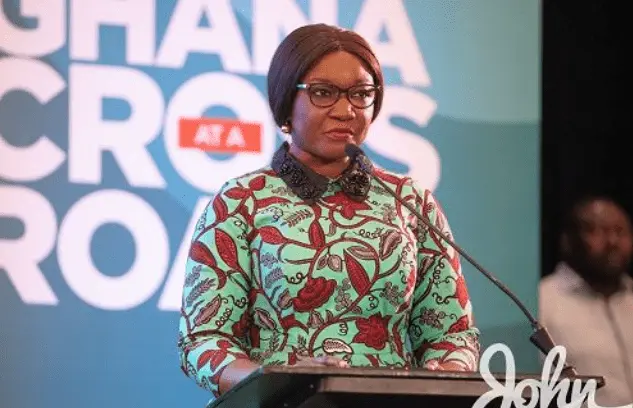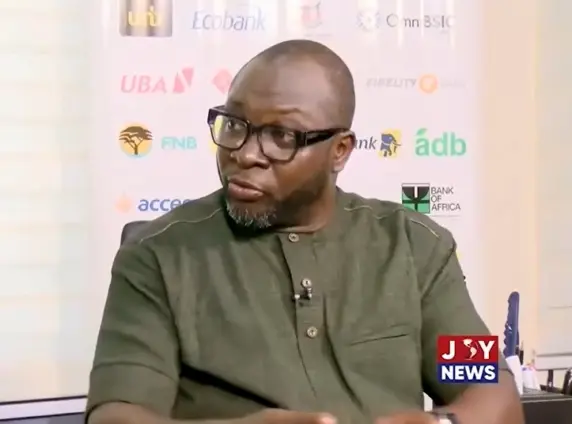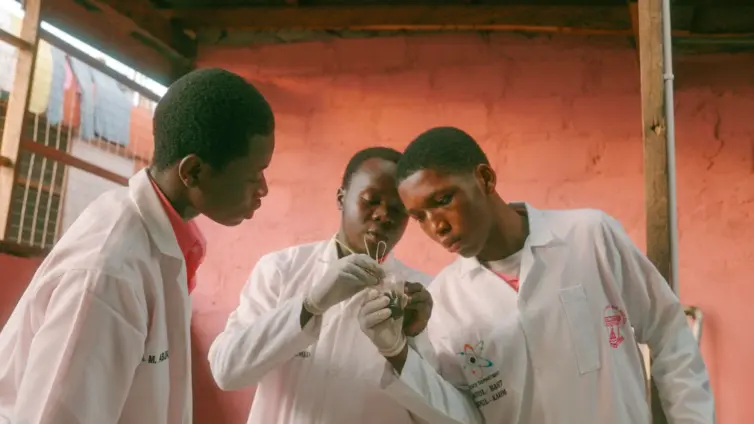The promise of Ghana’s agribusiness sector is substantial, yet exporters grapple with a myriad of challenges, hindering their ability to fully capitalize on international opportunities. According to Davis Korboe, President of the Federation of Associations of Ghanaian Exporters (FAGE), a robust export agribusiness policy framework is urgently needed to shield exporters from economic volatility and foster sustainable growth. Speaking on TV3’s Business Focus panel discussion on May 12, 2025, Korboe outlined critical interventions, including the establishment of a special purpose vehicle, careful management of the cedi’s performance, and leveraging platforms such as the upcoming Ghana Horticulture Expo to drive innovation and market access.
The Urgent Need for a “Special Purpose Vehicle”
Korboe emphasized the necessity of a dedicated fund or mechanism to cushion exporters from persistent economic shocks. He argues that existing support structures, such as EXIM Bank and GIRSAL, while valuable, are insufficient to address the scale of the challenges.
“Our exporters are crying; this is the time for our banks to be up and doing… There should be a special purpose vehicle for export and agribusiness in general. Once that happens, these shocks will be absorbed,” Korboe stated.
Ghanaian exporters are vulnerable to various economic pressures, including sharp currency fluctuations that erode profit margins and rising input costs that undermine competitiveness. A special purpose vehicle could potentially offer subsidized loans, risk insurance, and export credit guarantees, providing a much-needed safety net during turbulent times. Imagine, for instance, a government-backed fund that offers low-interest loans specifically for exporters to purchase essential equipment or navigate temporary cash flow shortfalls due to global market volatility. Such a mechanism could be transformative.
Addressing the Cedi’s Performance: Stability vs. Depreciation
The volatility of the cedi poses a significant threat to the competitiveness of Ghanaian exports. A fluctuating currency makes it difficult for exporters to price their goods competitively in international markets and manage their financial obligations effectively.
“There’s too much stress on the cedi, and that hurts our exports. There should be some allowance for depreciation, but it shouldn’t be done overnight. Stability is good, but we need to understand the difference between stability and appreciation,” Korboe explained.
While a stable currency provides predictability, a controlled depreciation can help maintain export competitiveness. The key lies in finding the right balance and implementing a measured approach that minimizes disruption to the export sector. A sudden, uncontrolled devaluation could trigger inflation and further destabilize the economy, negating any potential benefits to exporters.
Ghana Horticulture Expo 2025: A Spotlight on Growth and Innovation
The Ghana Horticulture Expo, scheduled for June 11–13 at the Accra International Conference Center, provides a crucial platform for showcasing the potential of Ghana’s horticultural sector. Under the theme “Innovate, Transform, Sustain,” the expo aims to drive innovation, promote sustainable practices, and unlock new market opportunities.
The event will bring together a diverse range of participants, including producers, exporters, investors, and policymakers, fostering collaboration and knowledge sharing. The ongoing partnership between the Ghana Export Promotion Authority (GEPA) and FAGE is central to the expo’s success, building on previous initiatives such as the Maidem Horti Expo.
GEPA and FAGE are working together to drive market access for Ghanaian horticultural products. The expo seeks to promote innovation, sustainability, and ultimately, increased export volumes.
The Potential of Ghana’s Horticultural Sector
Ghana’s horticultural sector boasts a wide array of high-value crops, including mangoes, pineapples, coconuts, and various vegetables. These products are increasingly sought after in international markets, presenting significant export opportunities. Sustaining growth in this sector, however, requires strong policy direction and consistent financial backing.
The right export agribusiness policy can unlock significant investment in the sector. For example, consider the impact that access to better farming equipment, training, and certifications could have for the local farmers.
In conclusion, Davis Korboe’s call for a special purpose vehicle and a balanced approach to currency management underscores the urgent need to address the challenges facing Ghana’s exporters. The Ghana Horticulture Expo serves as a vital platform for showcasing the sector’s potential and driving innovation. By implementing sound export agribusiness policy, Ghana can unlock the full potential of its agribusiness sector, fostering economic growth and creating sustainable livelihoods.
Image Source: MYJOYONLINE





















